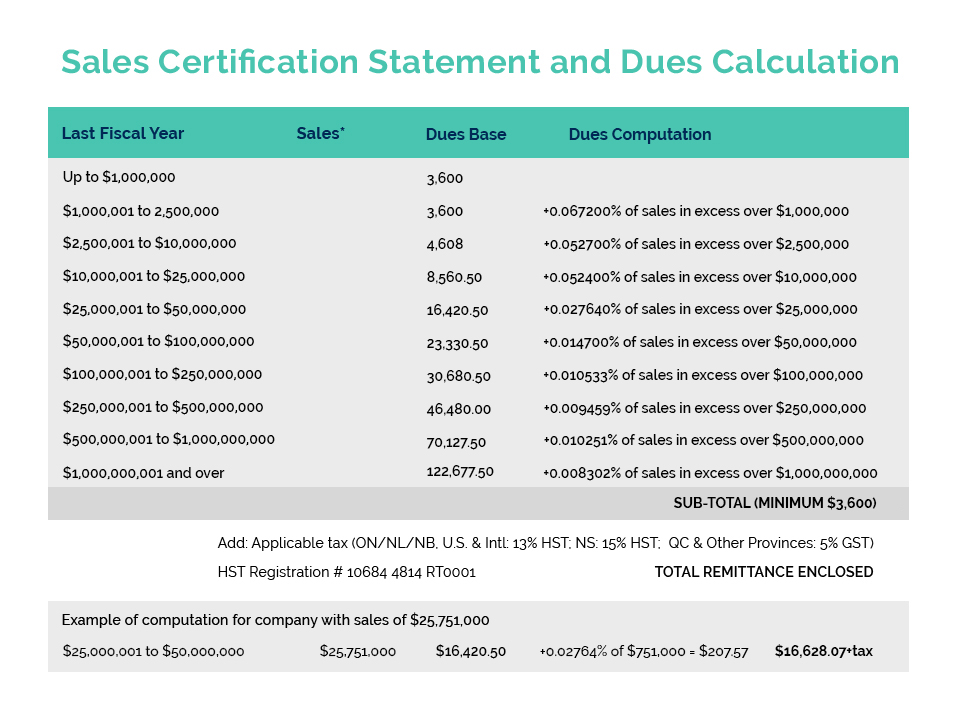Further to our update in February’s newsletter, Global Affairs Canada recently met with Brazilian officials on February 24 on the margins of the virtual WTO Technical Barriers to Trade (TBT) Committee meeting to discuss the purpose and value of the International Nomenclature of Cosmetic Ingredients (INCI) and concerns about how Brazil’s new labelling proposal would undermine it.
The meeting was requested after CA raised the issue of Brazil’s new Portuguese labelling requirement for cosmetics, which moves away from INCI labelling previously accepted in the country. Brazilian WTO/TBT representatives confirmed that this new obligation arose from the loss of a litigation brought against the Government in 2014 regarding the application of the Consumer Code. The Code requires that all consumer products sold in Brazil have their information labelled in Portuguese, and cosmetics and perfumes were the only class of items that did not comply with this obligation. Appeals were made but ultimately the case was lost before the Supreme Court. The Brazilian representatives recognized and agreed with the concerns raised by Global Affairs/Cosmetics Alliance and indicated that they made many of these same arguments in court and the cosmetic industry in Brazil was also engaged and supportive of this effort to appeal requirements to include Portuguese labelling.
Brazilian officials indicated that the Government had no choice but to comply now with the Consumer Code, which prompted the new requirements. While the regulation is set to enter into force in November 2021, the Government has made an appeal to the court to delay entry into force to 2023 to allow a sufficient transition period. The Government is also seeking the court’s opinion on whether QR codes could be used to minimize the impacts on trade. They are now waiting to hear back from the court.
Canada also asked if Brazil had considered amending its Consumer Code to allow for such exceptions. Brazil noted that it had been considered, but that ultimately timelines did not allow for such a long parliamentary process. Global Affairs went so far as to asked what type of fines the court would impose for non-compliance and whether these might be less costly than the compliance costs. Brazil had not considered this and confirmed that it did not have time to do an economic impact assessment due to the timelines imposed by the court.
CA is continuing to coordinate our efforts on this issue with the Brazilian industry association and our international association colleagues. We will continue to keep members informed of new developments.







